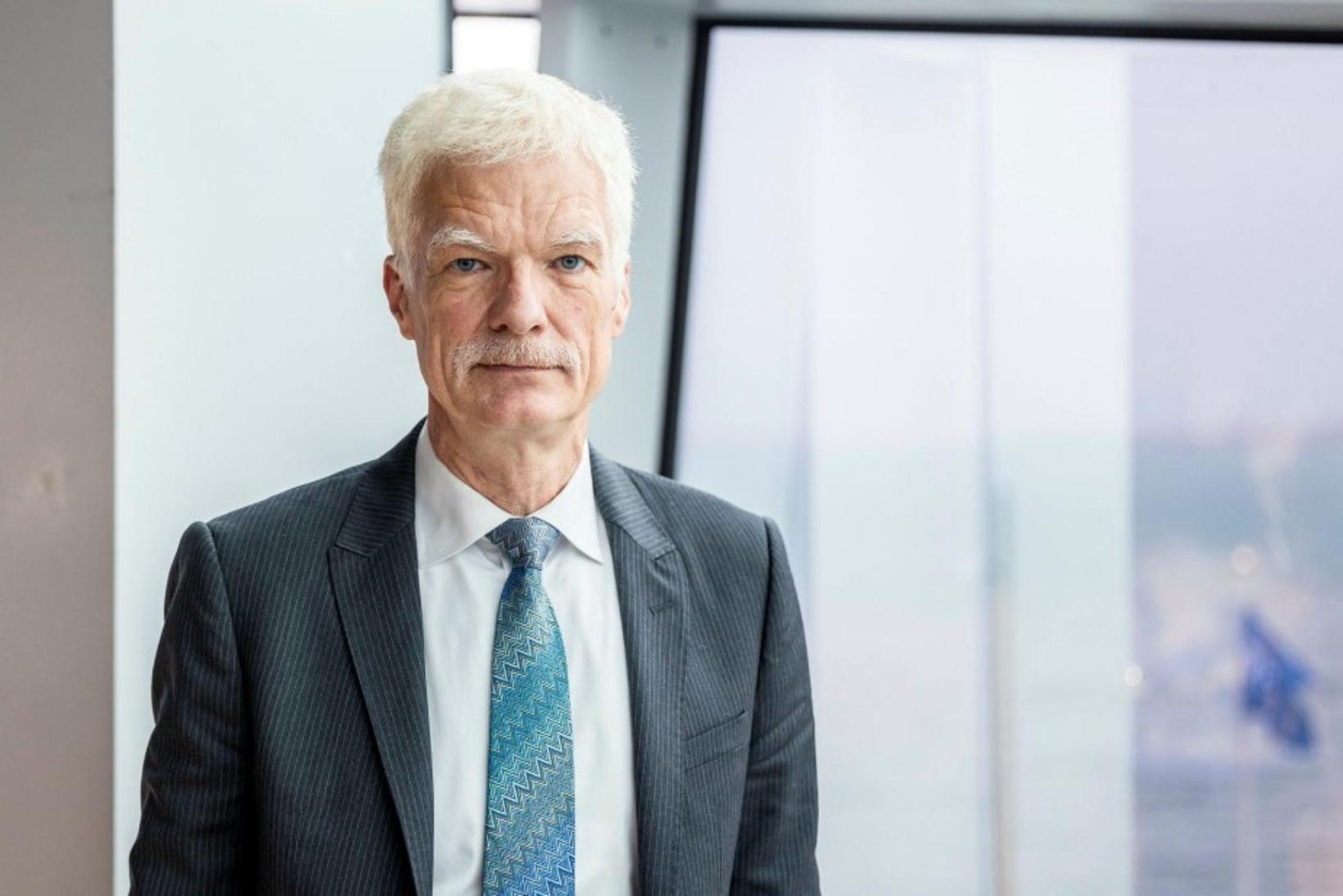Iceland’s education system under scrutiny: High grades, low standards
OECD's head of education says that there is much more ambition within the countries that perform better than Iceland in PISA. mbl.is/Karítas
Iceland’s education system is not yielding the expected results despite significant investment, according to Andreas Schleicher, head of education at the OECD, which conducts the PISA assessments. Schleicher argues that Icelandic students often receive high grades that do not accurately reflect their performance, raising concerns about the country’s academic standards.
Declining performance in PISA rankings
The PISA results, which assess student performance worldwide, have consistently shown a decline in Icelandic students' rankings. This issue has sparked national debate over the effectiveness of the country’s education policies.
Schleicher, who is in Iceland for the International Summit on the Teaching Profession (ISTP), shared his insights during a discussion at Harpa concert hall and conference center. When asked what could improve Iceland’s education system, he emphasized the need for better organization and stronger structural support.
Strengths and weaknesses in the Icelandic system
Despite its shortcomings, Schleicher acknowledges that Iceland’s education system has notable strengths. He praises Icelandic students for their independence, psychological well-being, and strong social connections.
“These are important strengths—let’s not underestimate them,” he said.
However, he points out that successful education systems worldwide maintain high expectations and consistency in academic standards.
“In Iceland, students often receive good grades even when their performance does not warrant them. This sends the wrong message and lowers ambition,” Schleicher explained.
He believes that while teachers have good intentions, lenient grading may signal to students that effort and excellence are not essential.
Lessons from high-performing countries
Schleicher highlighted that top-performing countries share key characteristics: high expectations for students, strong support systems, and highly skilled teachers in challenging classrooms.
“The quality of education can never exceed the quality of its teachers,” he said, emphasizing the importance of investing in experienced educators who can handle demanding student needs.
These countries also ensure that struggling students receive additional resources and are taught by top-tier teachers. “That investment makes a real difference,” Schleicher added.
A need for greater structure
During his visits to Icelandic schools, Schleicher observed that teachers were highly dedicated and made great efforts to reach each student. In one school with a large immigrant population, he noted how teachers used creative methods, such as music, to help students overcome language barriers.
However, he felt that Icelandic schools lacked structure and clear direction. “Students don’t always know what they don’t know,” he explained. While he appreciates Iceland’s student-centered approach, he believes there must also be strong teacher leadership.
“The approach needs to be teacher-led as well,” he said. “Teachers must be able to say, ‘You may not enjoy learning math today, but I know that for your future, mastering math is essential.’”
This, he noted, was not always evident in the schools he visited.
Moving forward
Schleicher’s insights suggest that Iceland needs a recalibrated education strategy—one that balances student independence with structured learning and higher academic expectations. As policymakers and educators reflect on the country’s declining PISA results, the challenge will be to strengthen the system without compromising the well-being and creativity that are among its greatest assets.










